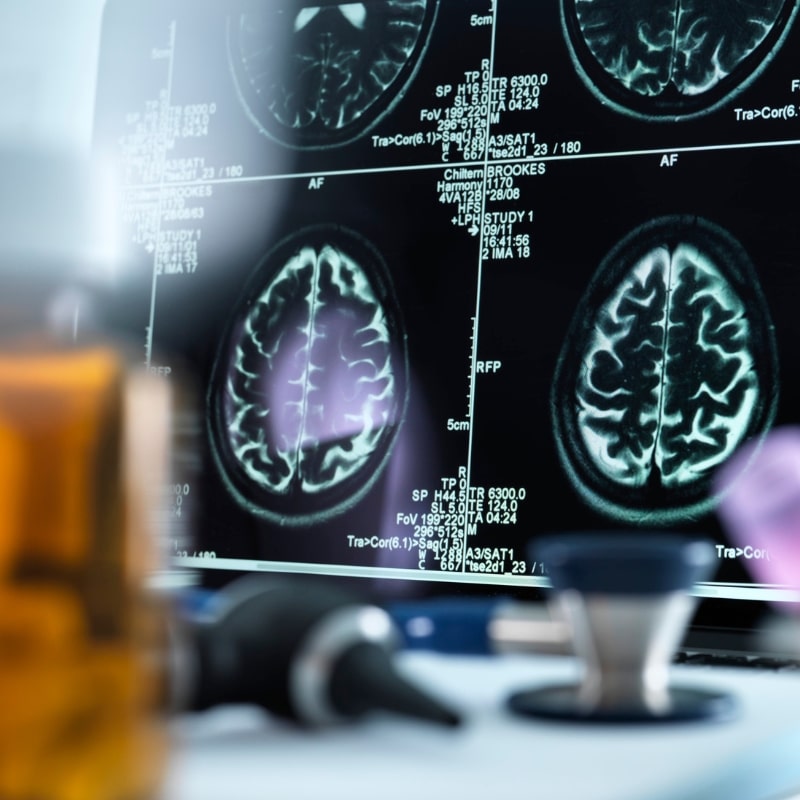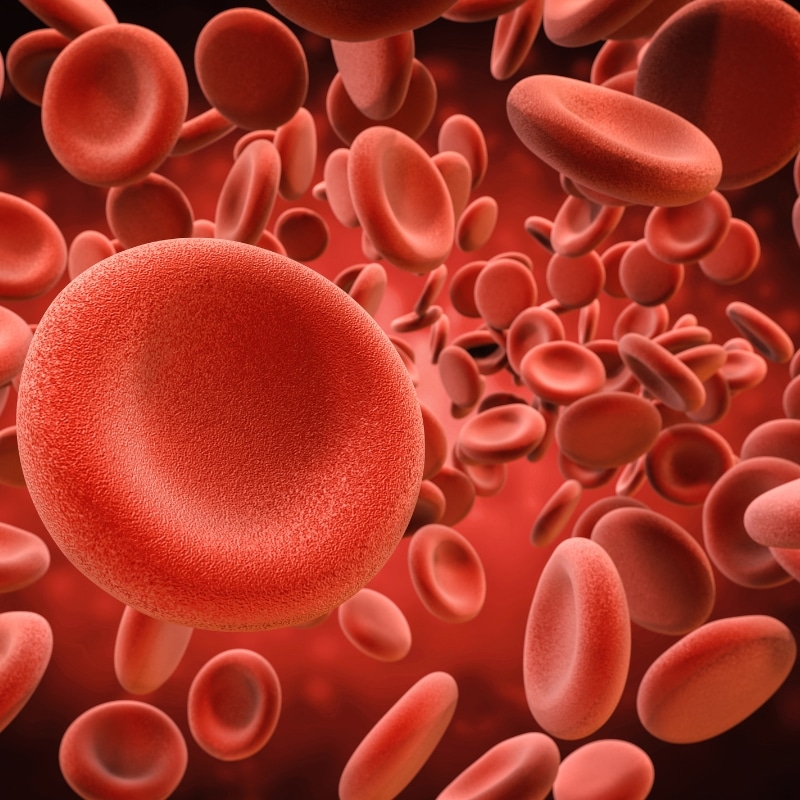Major depression doesn’t wait until adulthood, and neither should treatment. For millions of adolescents in the United States, depression has already taken hold by the time they reach their mid-teens. Unfortunately, many of these young patients struggle to find relief through traditional medications or therapy. The good news is that there’s now a new path forward.
In March 2025, the FDA approved the Magstim Horizon 3.0 and Inspire Transcranial Magnetic Stimulation (TMS) systems for adolescents aged 15 to 21. This approval officially expands access to an innovative, non-drug treatment option.
At Zeam Health & Wellness, we’re excited to offer this treatment in Sacramento, Folsom, and Roseville. Our integrated approach combines mental health and primary care under one roof. We thus make it easier for patients and families to access the support they need.
Let’s break down what this approval means and why it matters, especially for adolescents and their families seeking alternatives to antidepressants.
Depression Is a Growing Crisis Among Teens
According to the World Health Organization, depression is the leading cause of illness and disability among adolescents worldwide. In the U.S., the numbers are especially sobering.
A recent study from the National Institute of Mental Health found that 1 in 5 adolescents between the ages of 12 and 17 experienced at least one major depressive episode in 2021. That’s over 5 million teens, with the highest rates seen among girls and older teens. Alarmingly, most of them didn’t receive any treatment.
These statistics represent real teens who are falling behind in school, withdrawing from social life, or struggling in silence. Some face treatment barriers. Others have tried medications that either didn’t work or came with unwanted side effects.
The FDA clearance for TMS in adolescents is such a huge development. It opens the door to a treatment that doesn’t require pills or invasive procedures. Additionally, the treatment is backed by real science and clinical success.
What Is TMS and How Does It Work?
TMS is a non-surgical procedure that utilizes magnetic fields to stimulate specific areas of the brain that regulate mood. This treatment has been FDA-approved for treating major depression in adults for years and is now officially cleared for use in adolescents aged 15 to 21.
During treatment, a magnetic coil is placed gently on the scalp. The coil sends out painless pulses to activate nerve cells in brain regions that are typically underactive during depression. Sessions are conducted five days a week, usually for four to six weeks. There’s no need for anesthesia, and patients remain awake the entire time.
While the biology of how TMS works isn’t fully understood, researchers believe the stimulation resets activity in mood-related circuits in the brain. What we do know is that it helps many people feel better. Additionally, it doesn’t have the side effects that can come with antidepressants.
Why TMS Is a Game-Changer for Adolescents
For teens who’ve already cycled through therapy and medications with little progress, TMS offers something different and promising. It is non-pharmacological, so there’s no need to worry about the systemic side effects that often come with antidepressants, like weight gain, fatigue, or emotional blunting. Instead, TMS works from the outside in, stimulating brain activity through targeted magnetic pulses.
At Zeam, we’ve seen how difficult it can be for adolescents and their families to navigate mental health care. TMS is giving us a way to reach those who haven’t responded to more conventional treatments. This new FDA approval allows us to start helping young patients earlier and potentially prevent years of struggle and long-term consequences.
Adolescence is a critical period of development. As the WHO puts it, untreated depression during this stage can disrupt everything from emotional growth to physical health. It can even follow a person into adulthood. It is thus of utmost importance to offer safe, effective care during these formative years.
The Scope of the Problem and the Opportunity
Depression is often severe. Data from the National Survey on Drug Use and Health shows that 14.7% of adolescents experienced major depression with severe impairment. Yet fewer than half of those teens received treatment.
Some teens don’t want medication, or they’ve experienced difficult side effects. Others are hesitant to commit to long-term therapy or feel too overwhelmed to seek help at all. As a result, TMS fills a crucial gap.
With the Magstim Horizon 3.0 system now cleared for use in adolescents, clinics can offer a streamlined treatment path that’s non-invasive and easily integrated into a patient’s daily life.
At Zeam, we’re making that same technology available to patients in Sacramento, Folsom, and Roseville. Our health centers are fully equipped to provide both referrals and treatment so teens and families can access care without bouncing between providers.
Safe, Research-Backed, and Ready to Use
TMS has been studied for decades. More than 16,000 scientific papers reference the Magstim stimulator. On top of that, clinical trials continue to explore its effectiveness for different types of depression and anxiety.
Safety is a top concern for any adolescent treatment, and TMS has a strong track record. It doesn’t require sedation or hospitalization. It doesn’t cause memory loss or seizures like other brain stimulation therapies can. The most common side effects are mild scalp discomfort or headaches. However, these tend to lessen after the first few sessions.
Therefore, TMS is a realistic option for teens who want to stay in school, remain active, and avoid the disruptive side effects of medication.
We Provide an Integrated Approach to Mental Health
At Zeam, we believe that whole-person care is the best kind of care. We offer both primary care and mental health services under one roof in our Folsom and Sacramento locations. For families navigating depression, this simplifies the process. You can get a referral and begin treatment in the same place, with a coordinated care team looking after every aspect of your child’s health.
This approach is especially important for adolescents who may be dealing with complex emotional and physical challenges. When care is fragmented, symptoms can get overlooked or, worse, dismissed. We’re working to change that.
If you’re ready to explore TMS for your teen or want to learn more about our integrated services, reach out to our care team today.




